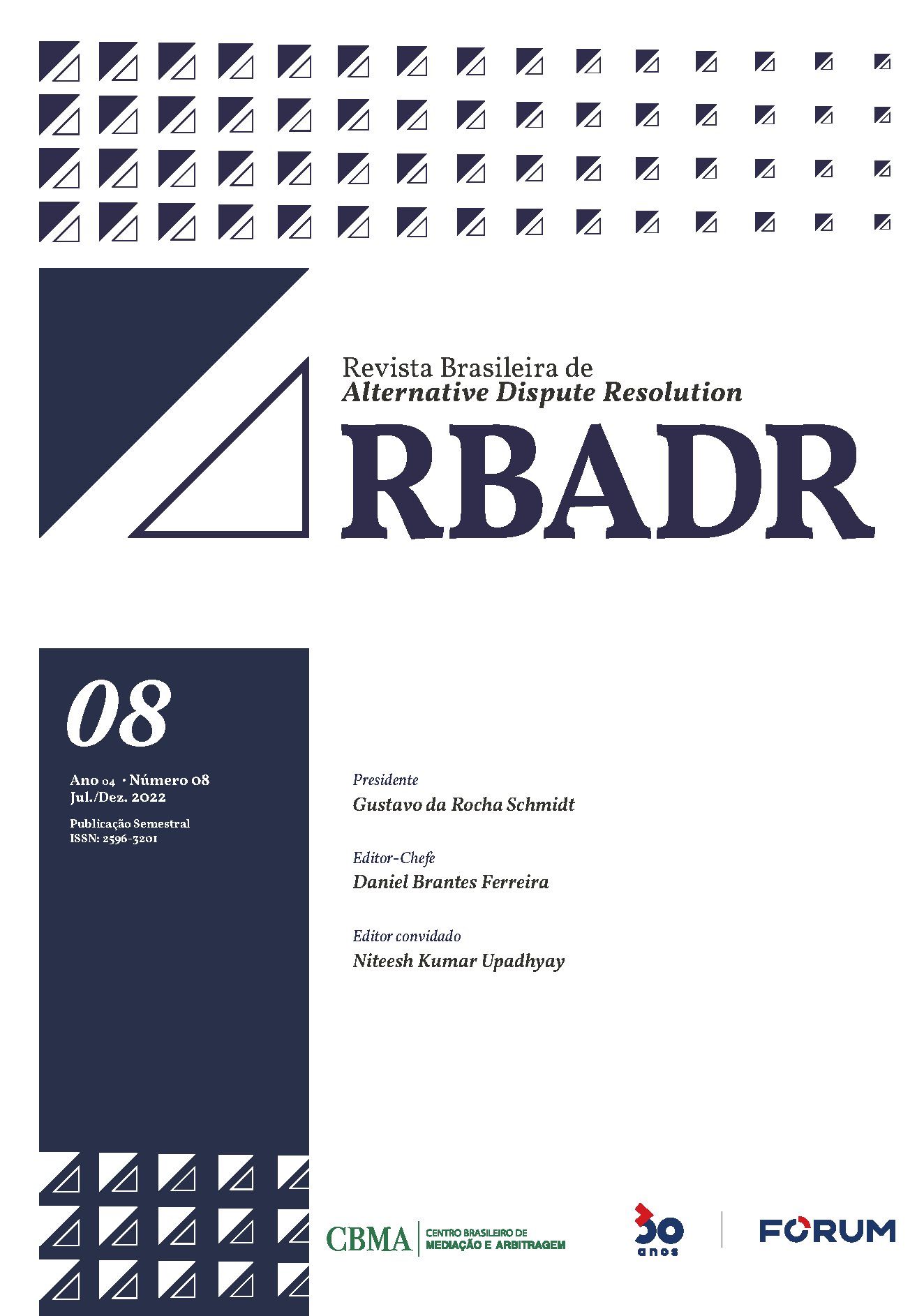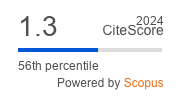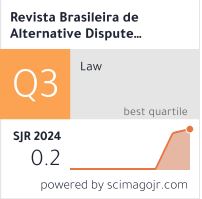Negotiation for human beings: what, why and how?
Parole chiave:
Negotiation, Human beings, Bargaining, Strategies, Alternatives, BATNAAbstract
The golden words of Kabir Das,¹ “Kya leke aaya jagat mein, kya leke jaega, do din ki zindagi hai, do din ka mela”² indubitably manifests that the life is too short to indulge in conflicts. However, conflicts do happen. No human being has control over it. A new way forward is to resolve the dispute with the help of negotiation, which is the most common and informal form of dispute resolution. Compared to processes using neutral “third parties”, negotiation has the advantage of allowing the parties themselves to control the process as well as the outcome.³ The negotiation between Nelson Mandela(4) and the South African Government illustrates the success of world’s best peaceful diplomatic negotiation in putting an end to racial discrimination, where violence seemed inevitable. However, the whole process involved around 60 meetings over a span of 10 years, which reflects the fact that the art of negotiation demands considerable preparation and lots of patience. Taking into consideration the huge variation in negotiation dynamics across contexts, suggesting a single script to the negotiators on how to go about the process cannot be contemplated.5 However, this article attempts to elaborate the various stages of negotiation in the order in which they are most commonly used.6 In this article, the author catalogues several approaches, strategies, styles and techniques to have a successful negotiation, and their usage which primarily varies from one case to another, and especially upon the parties’ perceived relative strengths during the bargaining process.7 Further, the author endeavours to deduce ways to determine the alternatives and achieve the best optimum solution by identifying the best alternative to the negotiated agreement (BATNA).
Downloads
Pubblicato
Fascicolo
Sezione
Licenza
No royalties or other compensation shall be due for the publication of the works.
The opinions expressed by the authors of the articles and reviews are their sole responsibility.









